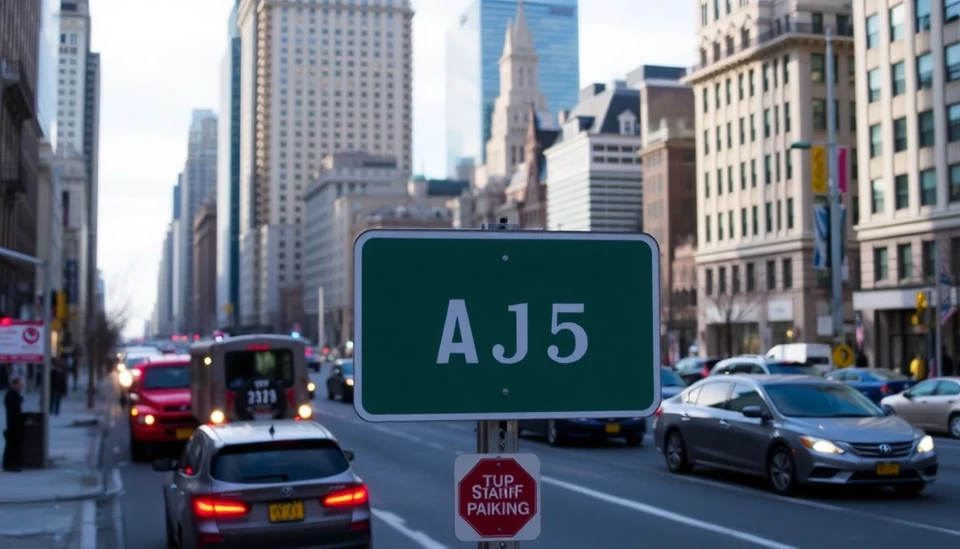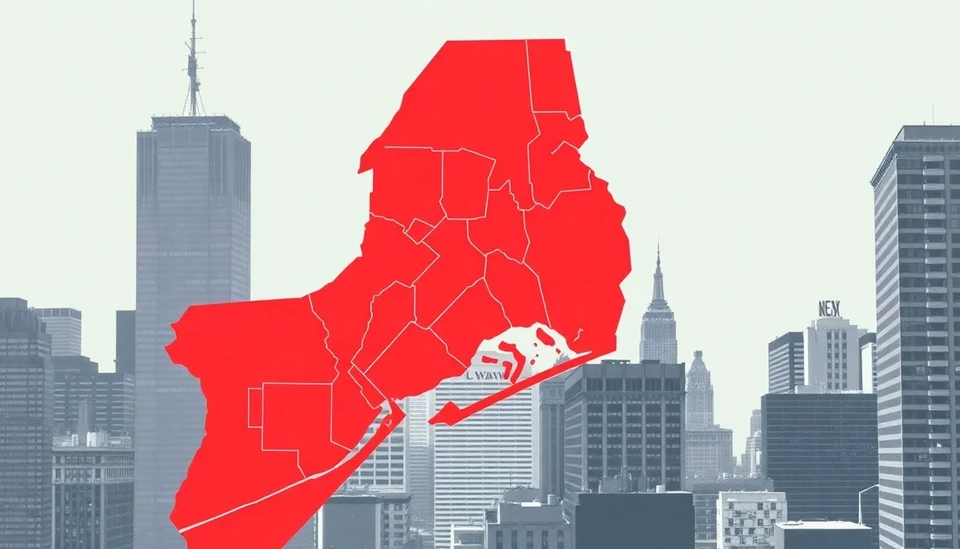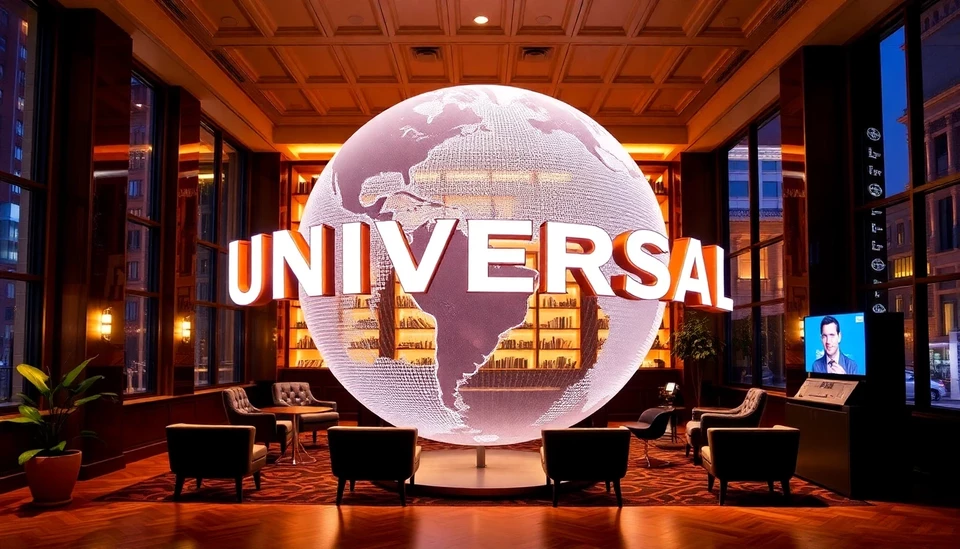
New York City is currently facing a critical juncture regarding its ambitious congestion pricing plan, especially in light of recent election results that saw Donald Trump secure a significant gubernatorial victory. This victory could potentially alter the dynamics surrounding transportation policies in the city, adding pressure to finalize and implement the congestion pricing initiative before any potential shifts in administration take place.
The congestion pricing plan, designed to reduce traffic congestion and environmental impact in Manhattan, has been a topic of heated debate. The initiative proposes levying fees on drivers entering the most congested areas of the city, with the aim of encouraging public transportation use and generating revenue for transit system improvements. Proponents argue that such a system is crucial for addressing the city's chronic traffic issues, while opponents raise concerns about the financial burden on commuters and small businesses.
With Trump’s victory, the political landscape in New York could face new challenges. During his previous administration, there were significant shifts in federal transportation funding and policy direction. A more conservative strategy may threaten both the funding and implementation of progressive transportation initiatives like congestion pricing. Stakeholders are now racing against the clock to ensure the plan moves forward, anticipating potential pushback from a Trump-led federal government.
The New York City Department of Transportation (DOT) had previously set ambitious timelines for the implementation of this plan, aiming to launch the system by early next year. However, these timelines now hang in the balance as city officials scramble to address both logistical challenges and potential political hurdles that may arise as a result of the election outcome.
Supporters of the congestion pricing initiative are urging city officials to expedite the approval processes and public outreach efforts, highlighting the critical need for effective traffic management techniques that can alleviate congestion problems in the long run. This includes garnering public support and working closely with community stakeholders to bolster the initiative’s viability amid changing political tides.
The urgency of the situation has prompted discussions among lawmakers and city planners about the need for a robust contingency plan. Should political opposition mount effectively, city leaders must ensure that the momentum for congestion pricing is not lost. This may involve forming coalitions with advocacy groups and seeking out alternative funding avenues to ensure the project's survival, regardless of the federal administration's position.
As the November 2024 deadline draws near, the future of New York City’s congestion pricing hangs precariously in the balance. What unfolds in the coming months could very well redefine the city's approach to traffic management and urban planning for years to come, underscoring the intricate interplay between local initiatives and federal policy in America’s evolving transportation narrative.
In conclusion, New York City finds itself at a critical crossroad, with congestion pricing representing not just a local initiative but a glimpse into the broader implications of political leadership on urban mobility. The coming months will be crucial as stakeholders navigate the challenges and opportunities that lie ahead in championing sustainable transportation solutions.
#NYC #CongestionPricing #TrumpVictory #TransportationPolicies #UrbanPlanning #TrafficManagement #PublicTransit #SustainableCities #PoliticalImpact
Author: Samuel Brooks




